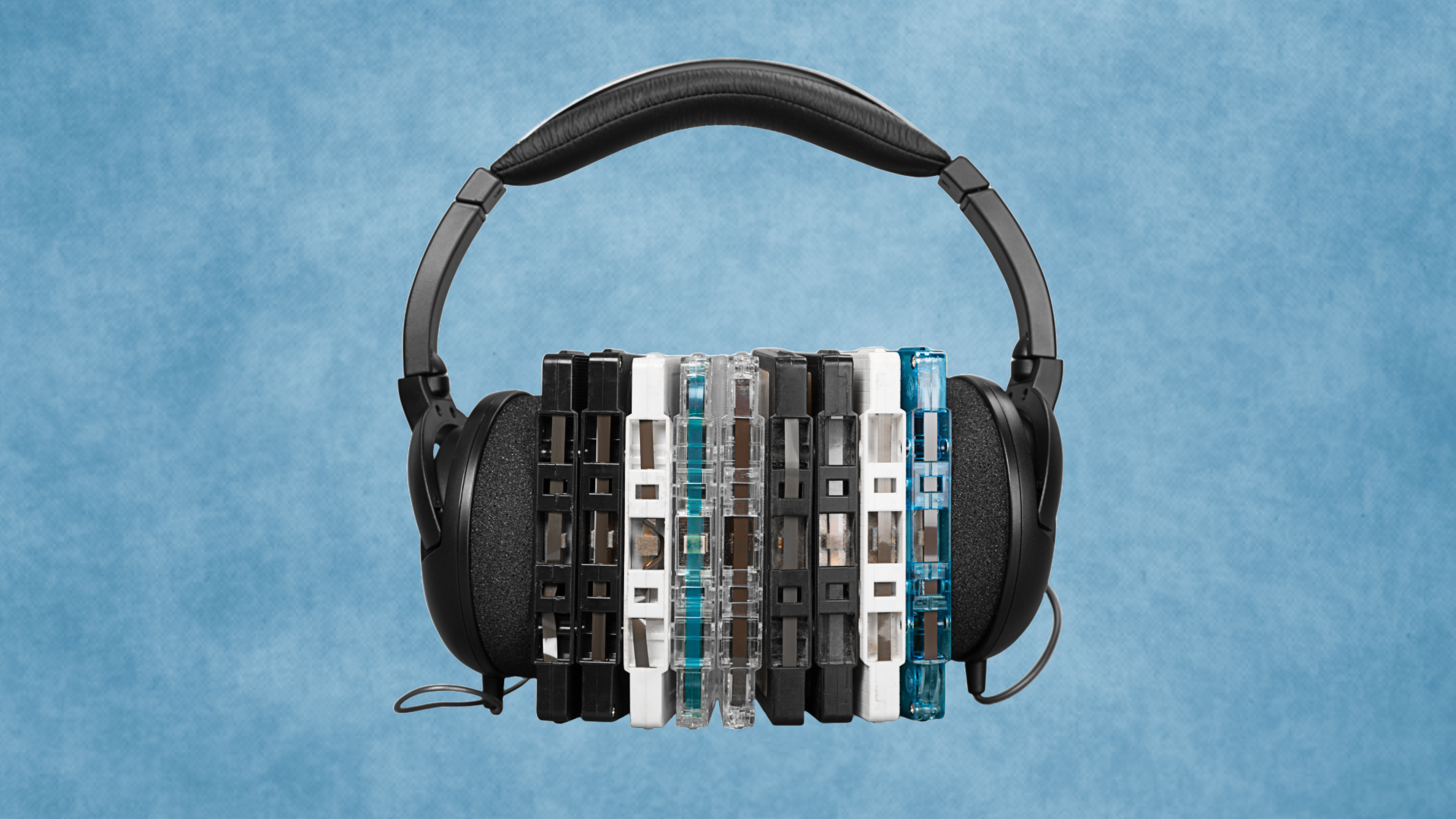This is a guest post by Madison Haack, 2024 NRPF Grants Management Intern, who worked to research the history and documentation of NRPF grants from 2012 to 2023.
 Time flies when you’re working towards preserving the impact of a national cultural heritage foundation! This summer, I worked as an intern for the National Recording Preservation Foundation under the supervision of Executive Director Jesse Johnston. During the internship, I researched the history and documentation of NRPF’s grantmaking since 2012, with the goal of creating a more comprehensive account of the organization’s grants and making recommendations about how NRPF can record the impact of these projects in a more engaging way.
Time flies when you’re working towards preserving the impact of a national cultural heritage foundation! This summer, I worked as an intern for the National Recording Preservation Foundation under the supervision of Executive Director Jesse Johnston. During the internship, I researched the history and documentation of NRPF’s grantmaking since 2012, with the goal of creating a more comprehensive account of the organization’s grants and making recommendations about how NRPF can record the impact of these projects in a more engaging way.
As a foundation dedicated to preserving and publicizing the cultural heritage of our national audio heritage, it is especially important for NRPF to steward its own records and documents in an organized, updated, and complete way. As documentation of the accomplishments of the foundation and its grant recipients, these are critical records to demonstrate the Foundation’s impact.
So, what has the NRPF accomplished? In just under a decade, the foundation has awarded over $250,000 in grants to over 20 organizations, from state colleges to museums, to radio stations and other foundations. These organizations come from across the country, supporting audio preservation projects in more than 14 different states. The type of audio supported is also broad: NRPF grants have funded the digitization and preservation of lecture series, oral histories, interviews, folk concerts, and radio shows.
But that’s just the numbers–the hard facts. The personal, social impact is harder to quantify. How do you assign a numerical value to the preservation of the last fluent speakers of the Unangam Tunuu language, native to the Unangax̂ people in Alaska? What does the digitization of vernacular music festivals and field recordings from the Appalachians mean to the locals? What about the preservation of rare recordings of interviews from prominent, self-taught African American and Native American artists of the 20th century, who were largely excluded from historical narratives? Showcasing the impact that these projects can make on individuals, local communities, and to the cultural record at large is something we must do through more qualitative means.
That’s why storytelling is a powerful tool, and why the work I completed this summer was so important. We want to show the personal and specific reasons that have made projects influential and significant to the world of audio history and cultural heritage, whether local or national. To support this narrative, NRPF needs strong organizational documentation practices and records, and a solid understanding of who and what the foundation has supported thus far. With this accomplished, we gain the roadmap for future success and greater impact. Furthermore, we can learn from these stories to see where we may better support audio preservation and other genres or communities where we have yet to make a difference.
That’s where I came in. Starting with the familiarization of the NRPF’s current organizational documentation, I was able to identify gaps in their history and storytelling narrative. With this in mind, I researched and drafted a communications plan to “tell the story of the NRPF.” One recommendation I made was to create a standardized final report form for future, current, and past grantees to share updates on their projects. This ensures that the NRPF has consistent data and an opportunity to learn impactful stories about every project that it funds. The last step was to reach out to past and current grantees to introduce the form and invite them to interview further about their projects. With this step complete, I pass the baton back to the NRPF’s staff and directors to continue on collecting stories and feedback from their grantees.
It was incredibly exciting and an honor to work with the NRPF for this project. Personally, I was able to gain specialized insight into my areas of interest, with new skills and familiarity with grantmaking best practices and recordkeeping accountability, cultural heritage preservation, communication, and strategic planning. But for the organization, I hope that my research and recommendations will make a positive future impact for the NRPF and its grantees.




